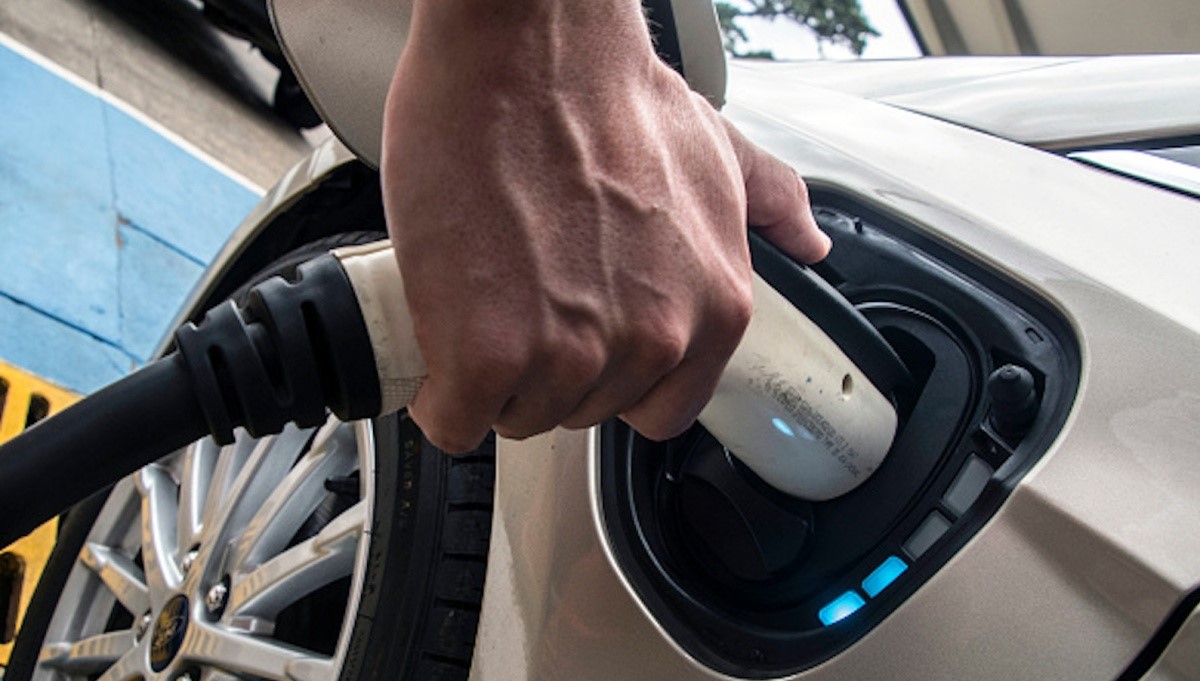
Electric vehicles could fully recharge in under 5 minutes
Electric vehicle charging time can vary widely today, from 20 minutes at a station alongside a roadway to hours using an at-home charging station. Wait times and charger location are both cited as major sources of anxiety for people who are considering electric vehicle ownership.
Today, chargers are limited in how quickly they can charge an EV’s battery due to the danger of overheating. To charge an EV faster, a higher current need to travel through the charging cable. The higher the current, the greater amount of heat that must be removed to keep the charging cable operational. The cooling systems that chargers currently use remove only so much heat.
Charging stations and other types of electronics rely on liquid cooling systems to remove heat from within their wires. Increasing the current through a charging cable using this method would require larger conductive wires and more liquid coolant, making the cable heavier and difficult for customers to handle.
Researchers designed a charging cable that can deliver a current 4.6 times that of the fastest available EV chargers on the market today by removing up to 24.22 kilowatts of heat.
Researchers demonstrated in the lab that their prototype accommodates a current of over 2,400 Amperes far beyond the 1,400-Ampere minimum that would be needed to reduce charging times for large commercial EVs to five minutes.
 English
English Arabic
Arabic


